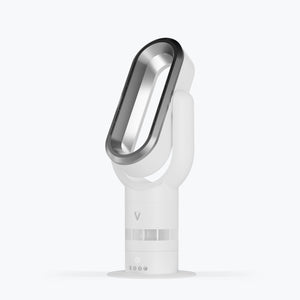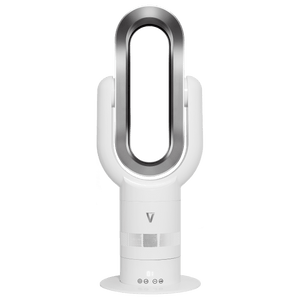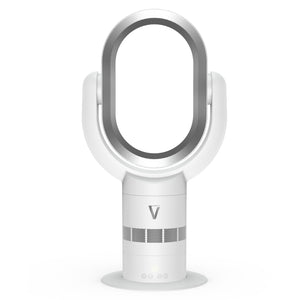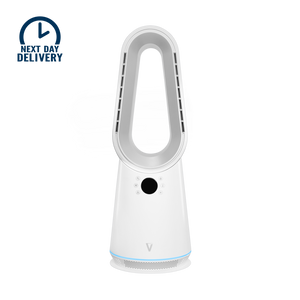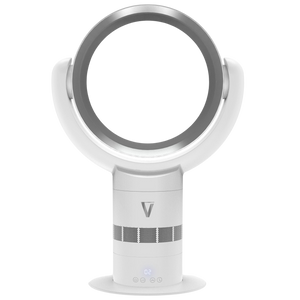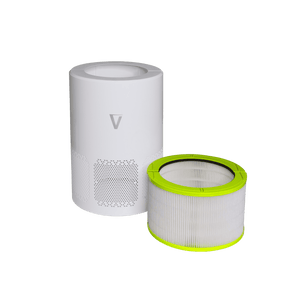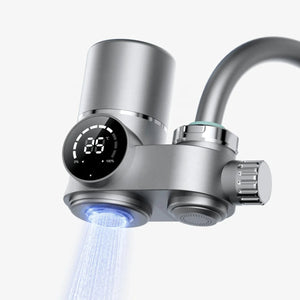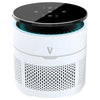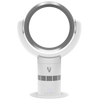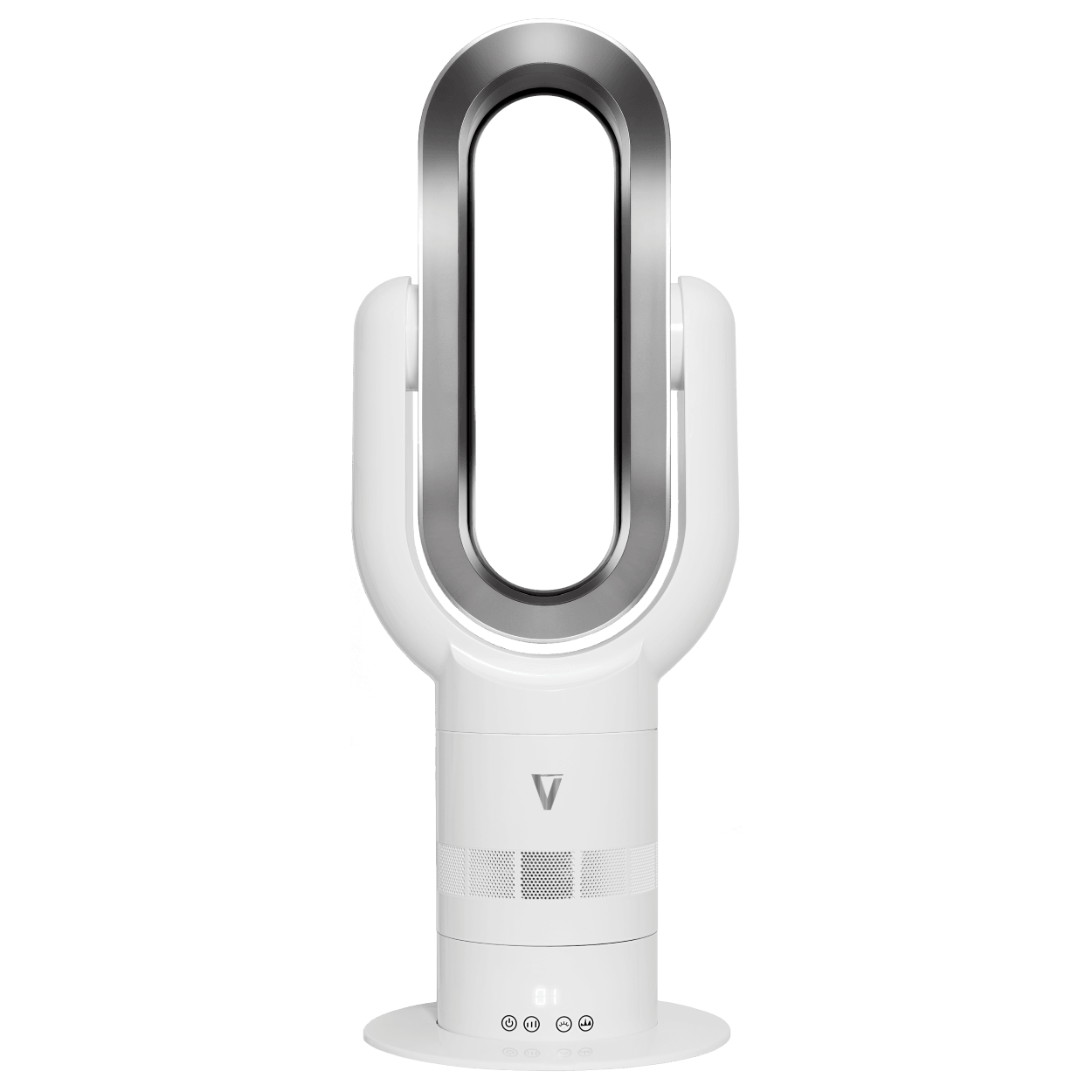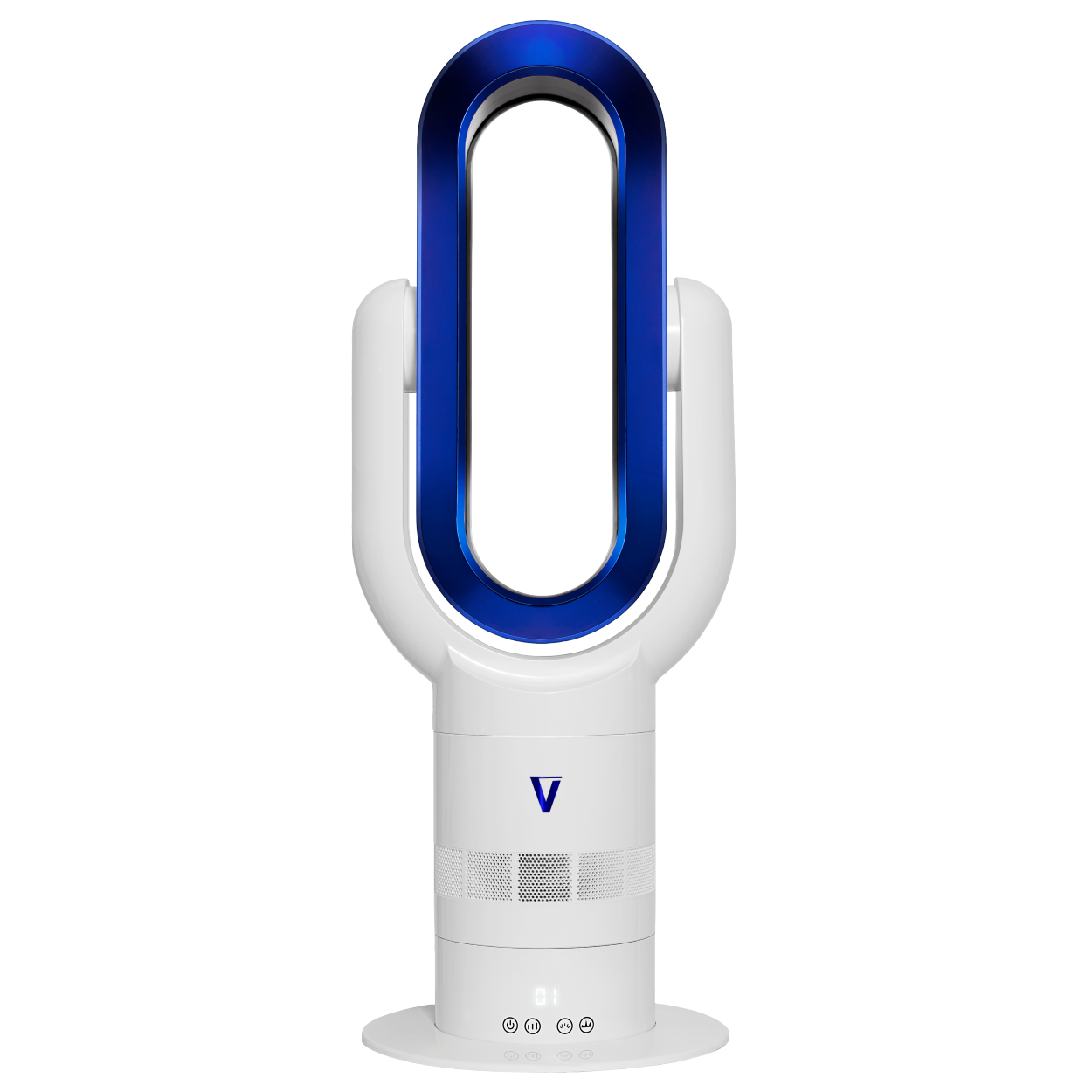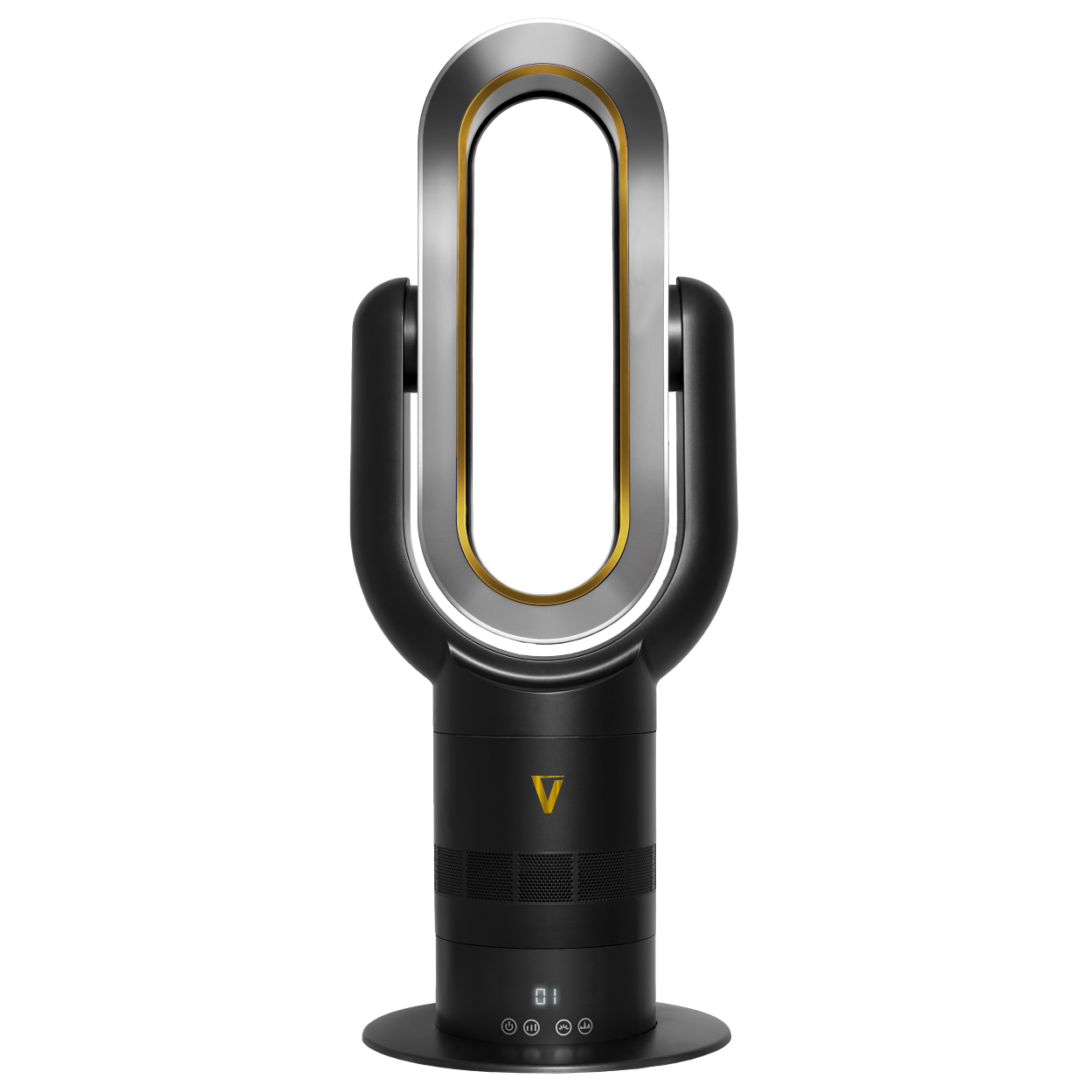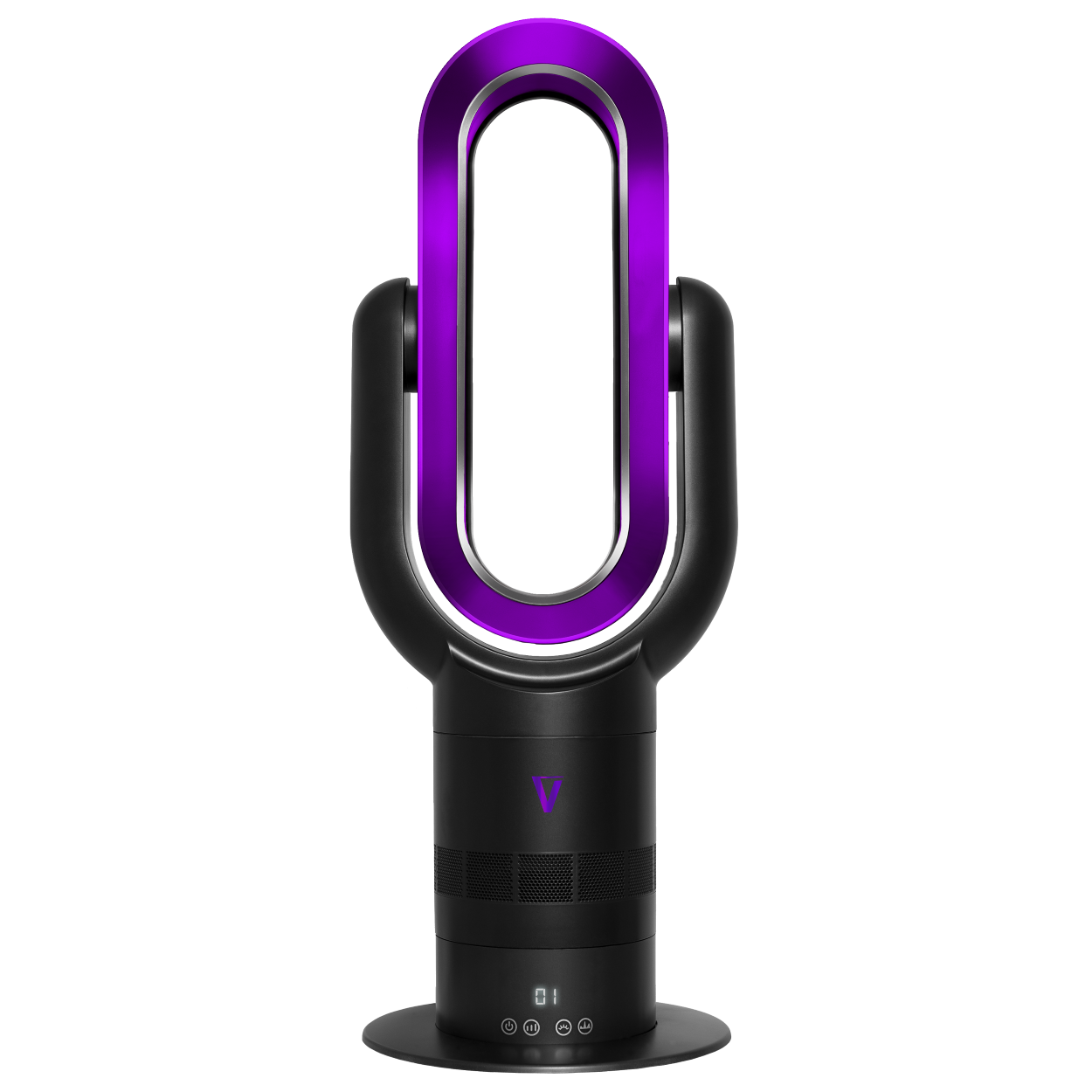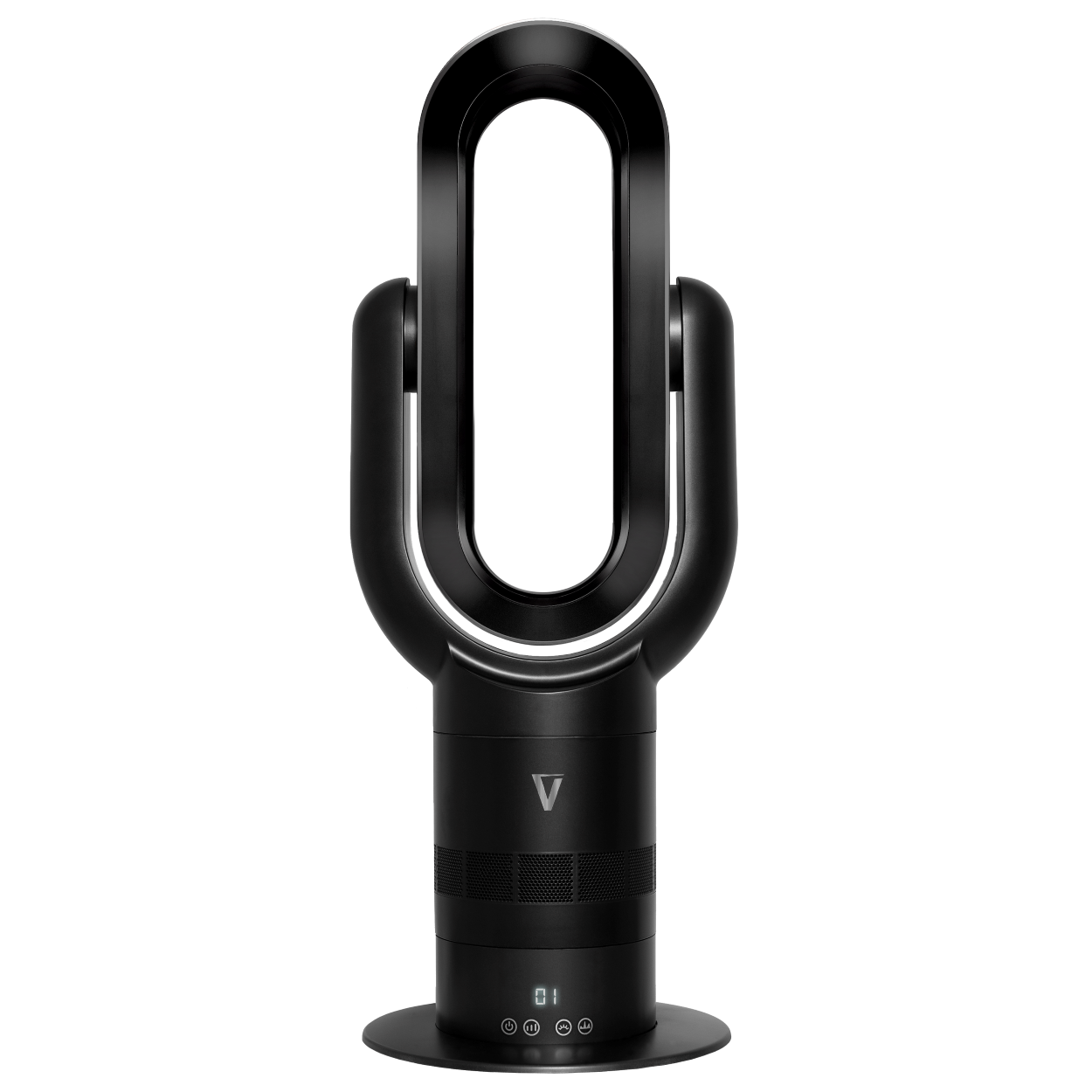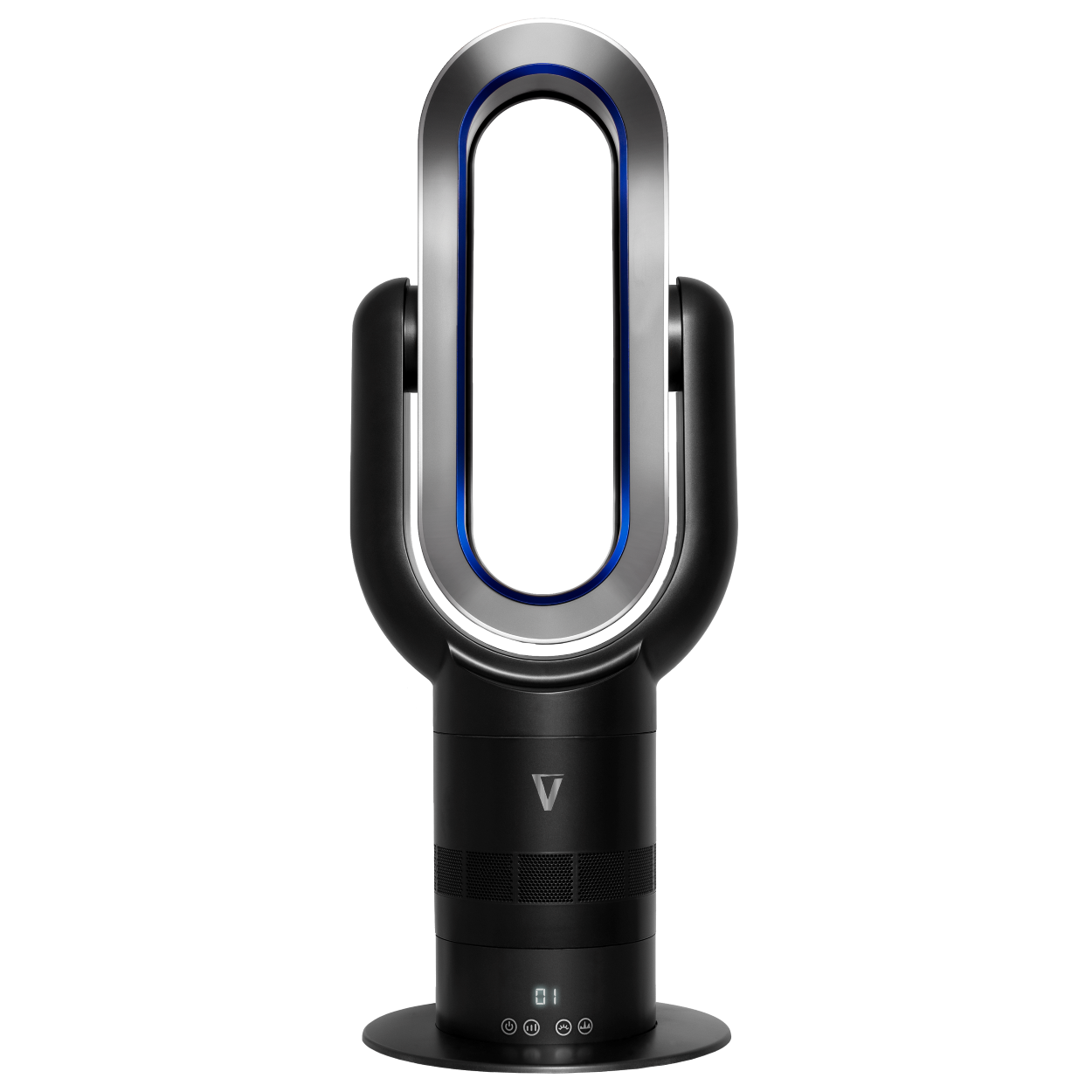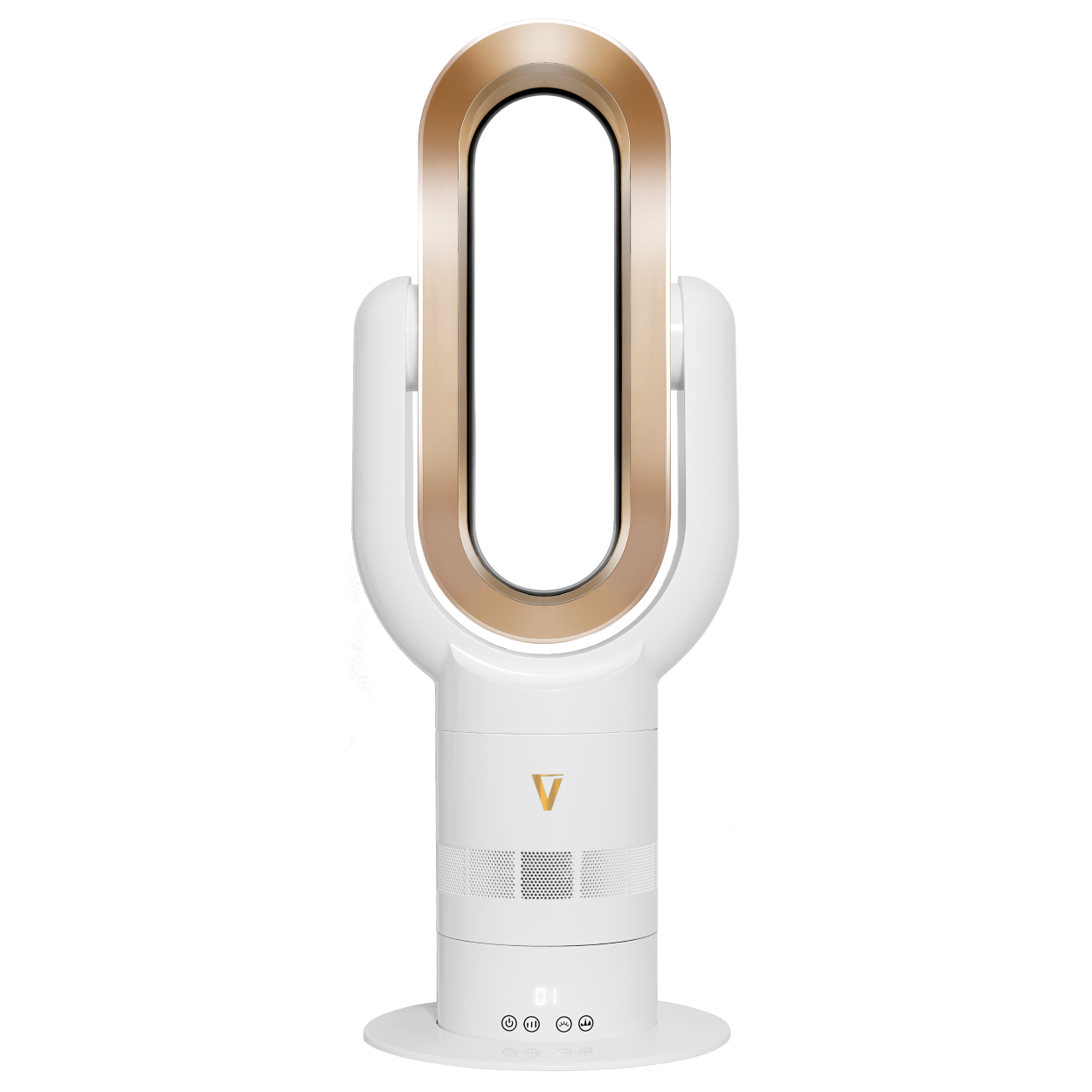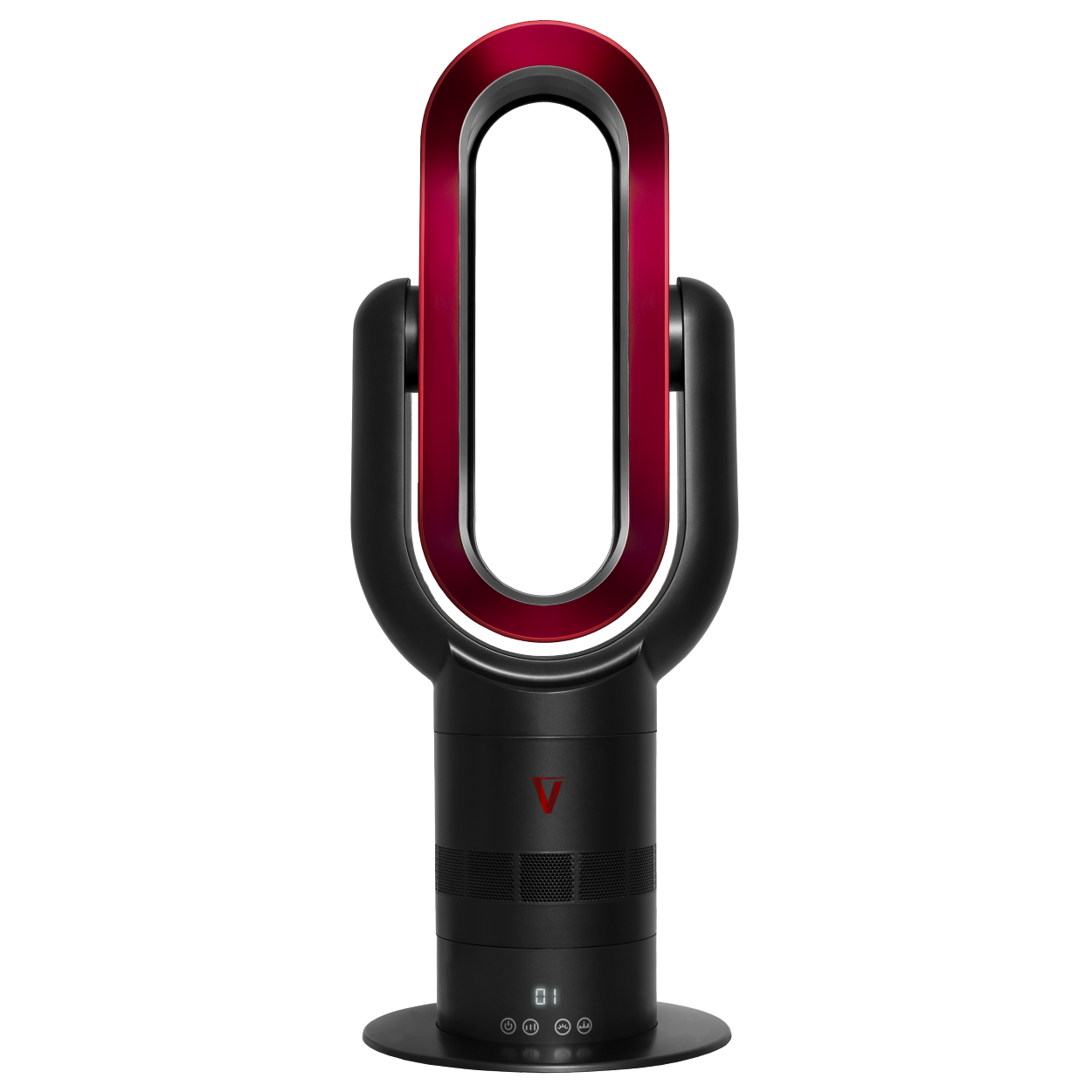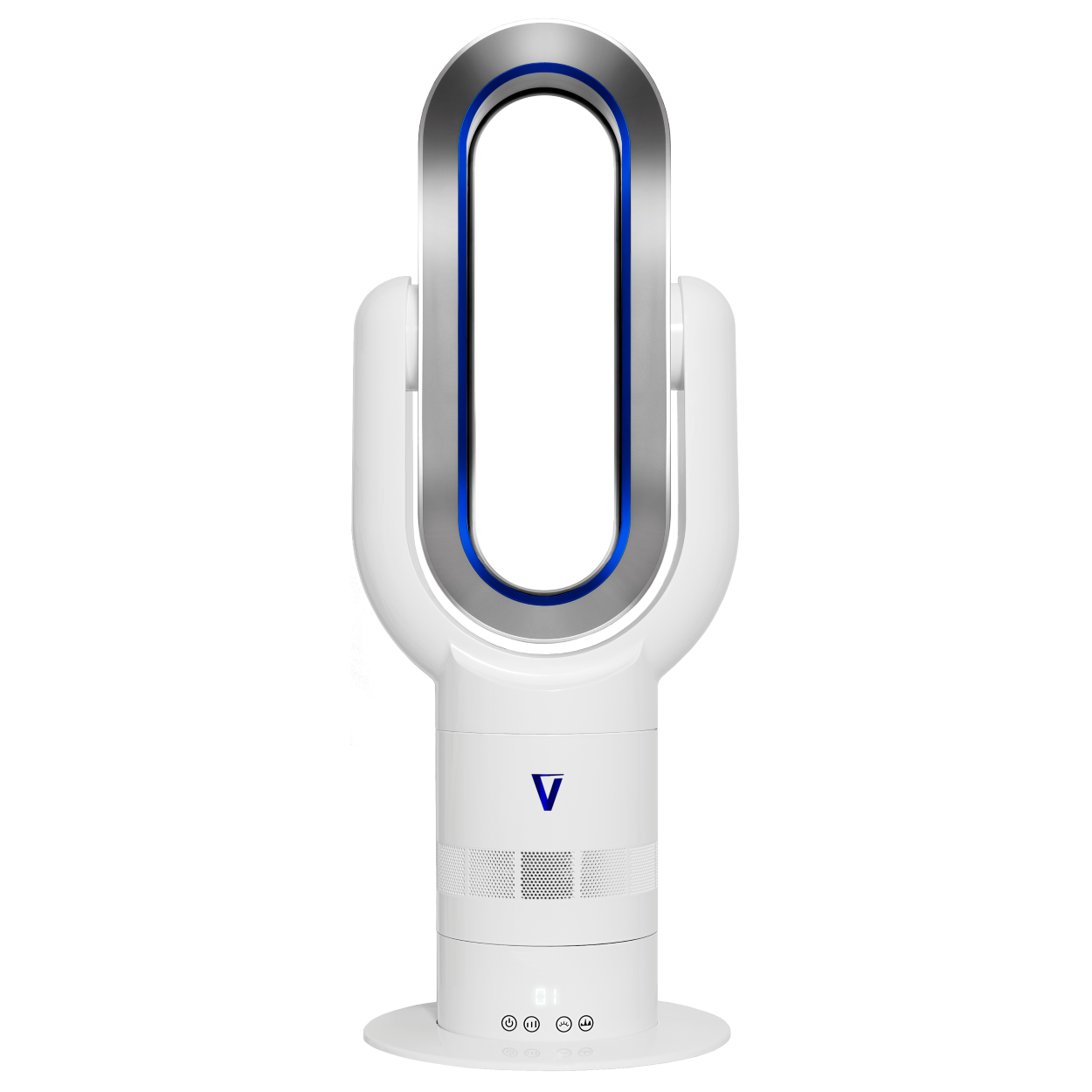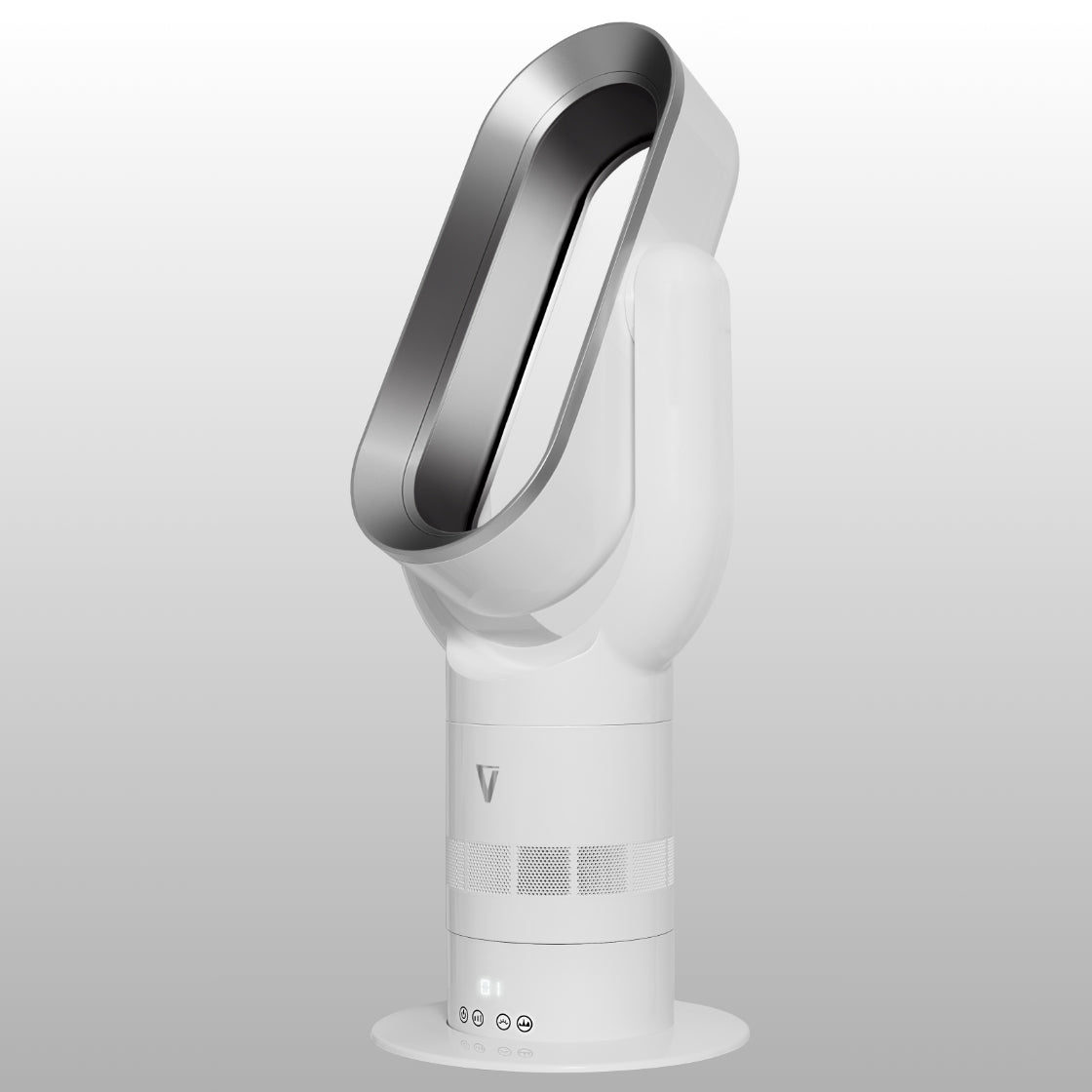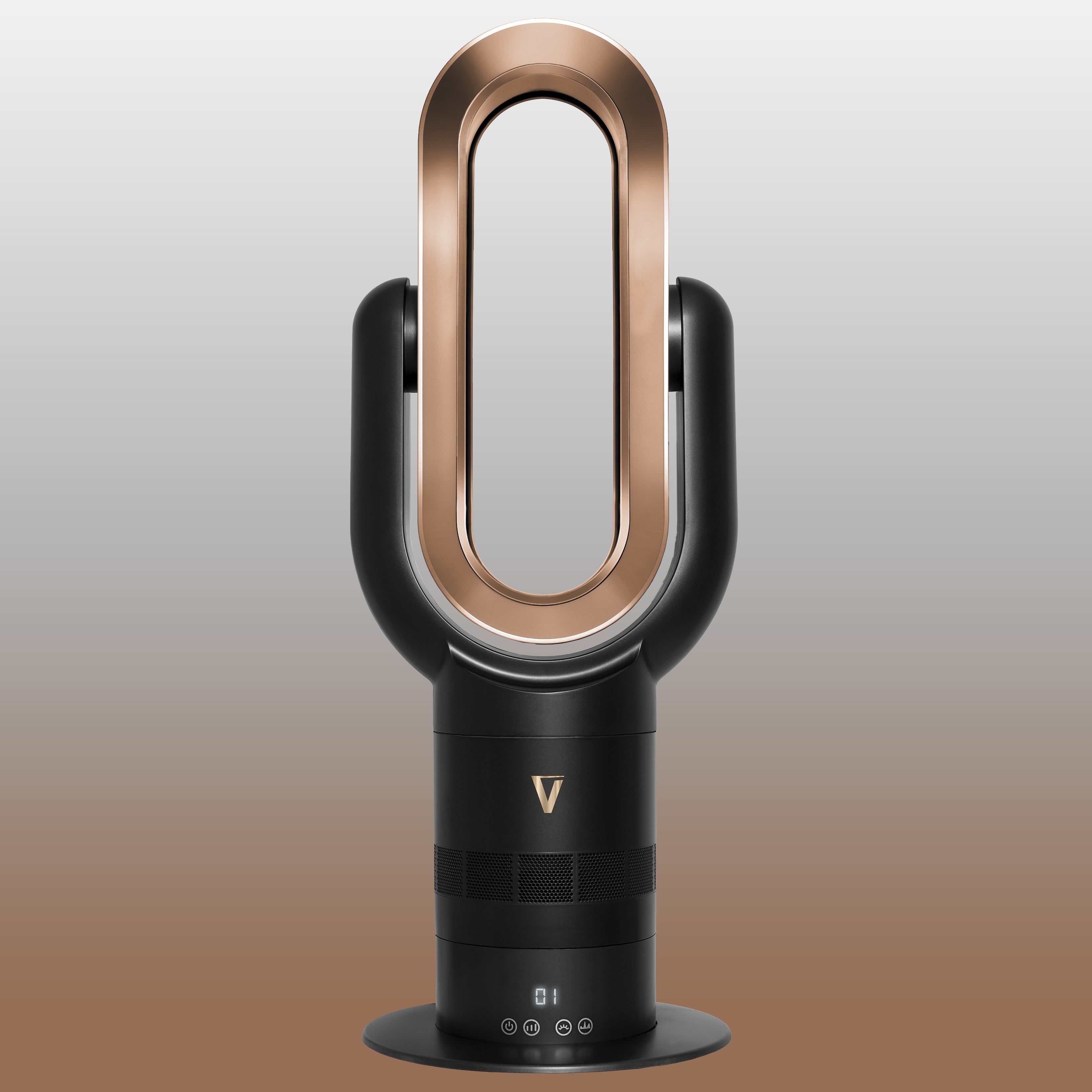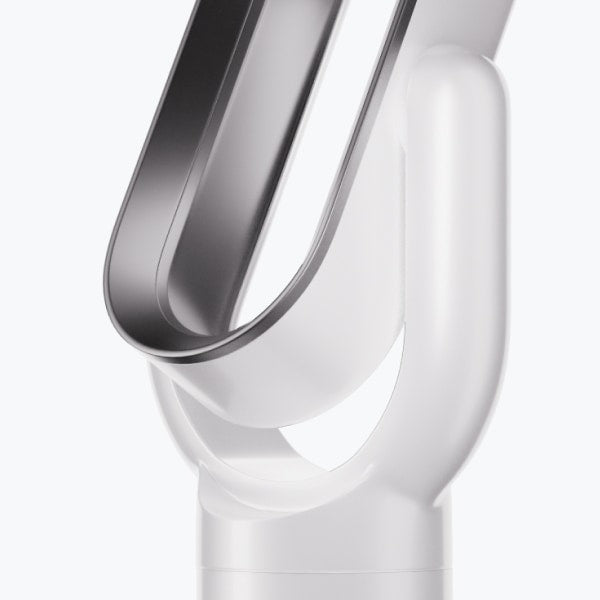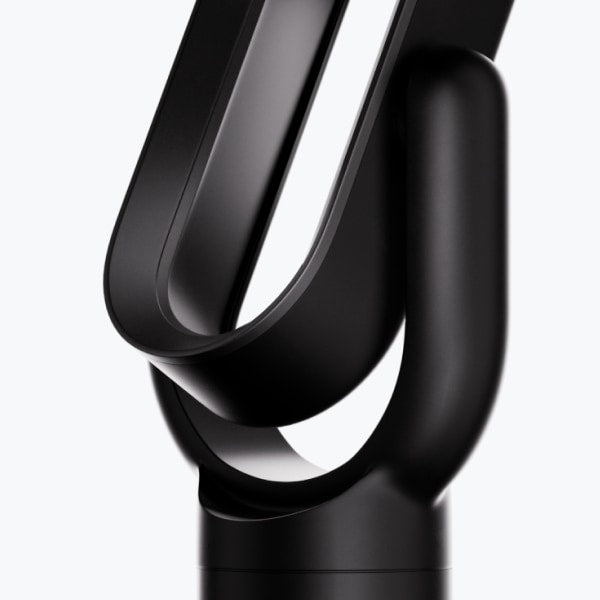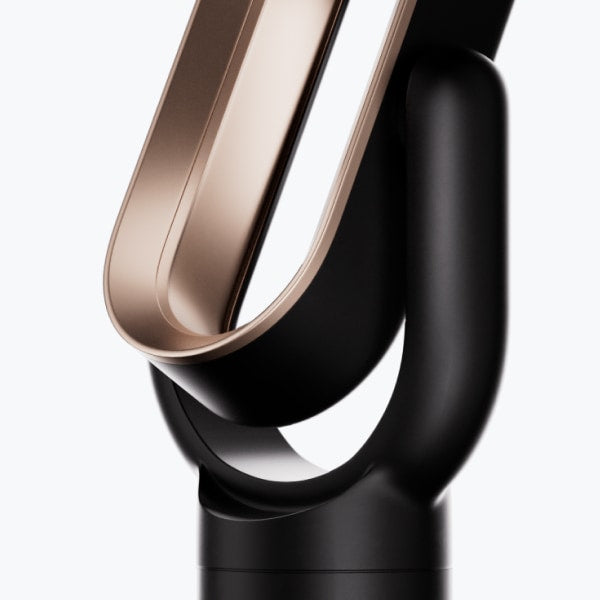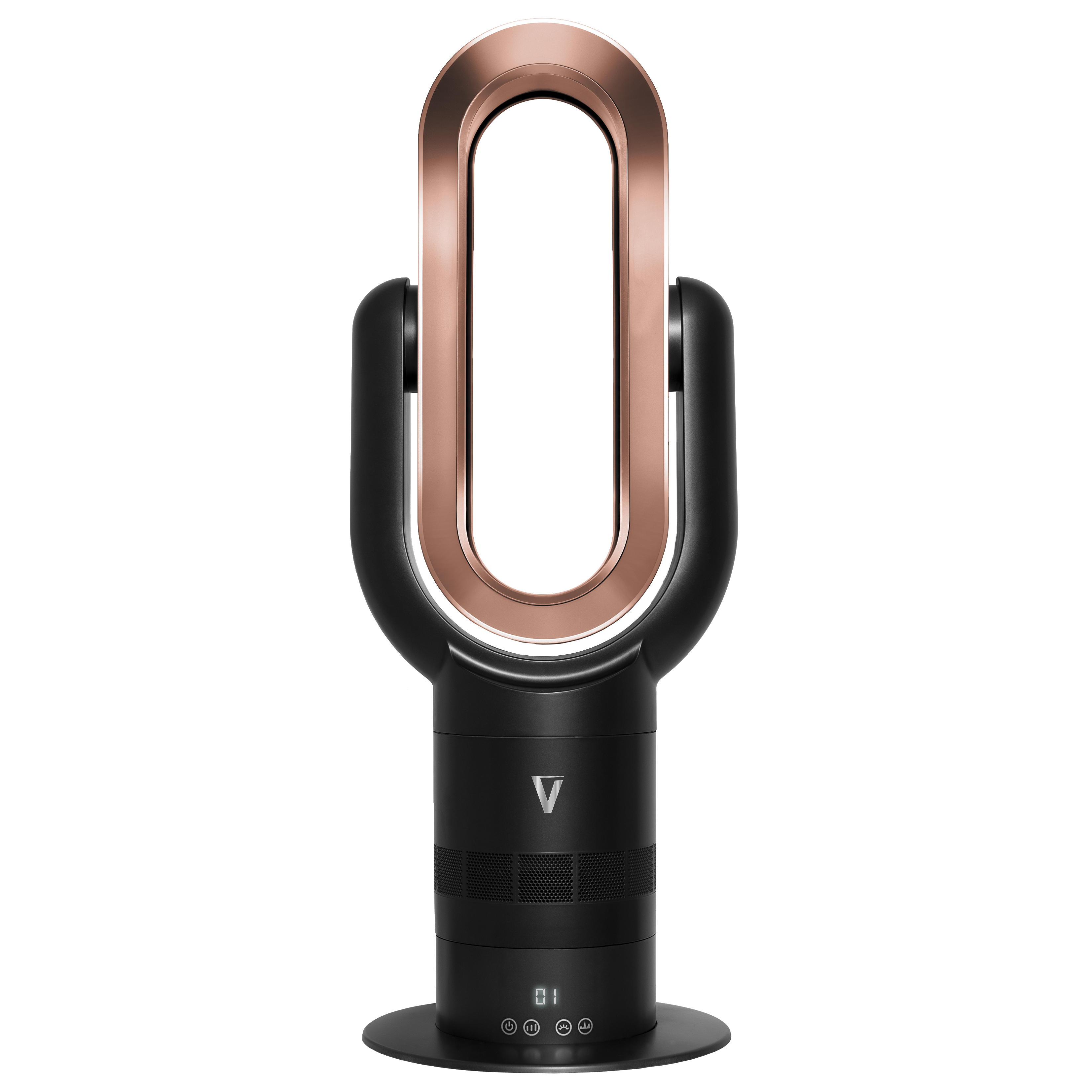7 Tips For Better Sleep
We're here to offer evidence-based truths
Tip 1 – Cut Out Screens 1 Hour Before Bed
We all do it—scroll through our phones, binge a few episodes, or check emails before bed. But the blue light from screens messes with your body’s natural sleep hormone: melatonin. When your brain thinks it’s still daylight, it delays the process of winding down and falling into deep sleep.
Try turning off all screens—TVs, phones, laptops—at least one hour before bed. Swap them out for a book, a calming podcast, or some quiet journaling. It sounds simple, but removing that light stimulus helps your brain switch into rest mode naturally.
Bonus tip: Keep your phone charging across the room so you’re not tempted to scroll.
We all do it—scroll through our phones, binge a few episodes, or check emails before bed. But the blue light from screens messes with your body’s natural sleep hormone: melatonin. When your brain thinks it’s still daylight, it delays the process of winding down and falling into deep sleep.
Try turning off all screens—TVs, phones, laptops—at least one hour before bed. Swap them out for a book, a calming podcast, or some quiet journaling. It sounds simple, but removing that light stimulus helps your brain switch into rest mode naturally.
Bonus tip: Keep your phone charging across the room so you’re not tempted to scroll.

Tip 2 – Add More Natural Magnesium to Your Evening Routine
If your mind feels busy at night or your body struggles to fully relax, you might be low in magnesium—a mineral known for calming the nervous system and promoting better sleep.
Instead of reaching for supplements straight away, try incorporating natural sources of magnesium into your evening routine. Foods like almonds, bananas, dark chocolate, and leafy greens are all great magnesium boosters. It can help your body unwind more easily.
It’s a small shift, but supporting your body with the right nutrients can have a big impact on how quickly you fall asleep—and how rested you feel when you wake up.
I started incorporating these naturally high magnesium foods after dinner and noticed I felt calmer and less restless at night within just a few days.

If your mind feels busy at night or your body struggles to fully relax, you might be low in magnesium—a mineral known for calming the nervous system and promoting better sleep.
Instead of reaching for supplements straight away, try incorporating natural sources of magnesium into your evening routine. Foods like almonds, bananas, dark chocolate, and leafy greens are all great magnesium boosters. It can help your body unwind more easily.
It’s a small shift, but supporting your body with the right nutrients can have a big impact on how quickly you fall asleep—and how rested you feel when you wake up.
I started incorporating these naturally high magnesium foods after dinner and noticed I felt calmer and less restless at night within just a few days.

Tip 3 – Keep Your Bedroom at the Ideal Sleep Temperature
This is vital since summer & heatwaves are not too far away. It's best to prepare now and avoid those hot sweaty nights.
Temperature plays a bigger role in sleep quality than most people realise. If your room is too warm or too cold, your body struggles to regulate its core temperature, which can make it harder to fall asleep—and even harder to stay asleep.
Experts say the ideal bedroom temperature for sleep is around 17°C to 19°C, but hitting that sweet spot isn’t always easy—especially with changing seasons and stuffy indoor air.
One thing that made a huge difference for me was upgrading to a quiet, bladeless fan that could also heat and cool the air. I didn’t realise how much air quality and consistent airflow impacted my sleep until I tried it.
I use the Vortex Air Pro—it’s whisper-quiet on a low fan speed setting, looks great in the room, and gives me complete control over temperature and airflow all year round.
Now I sleep in a room that feels fresh, clean, and comfortable—without waking up hot, dry, or congested.
This is vital since summer & heatwaves are not too far away. It's best to prepare now and avoid those hot sweaty nights.
Temperature plays a bigger role in sleep quality than most people realise. If your room is too warm or too cold, your body struggles to regulate its core temperature, which can make it harder to fall asleep—and even harder to stay asleep.
Experts say the ideal bedroom temperature for sleep is around 17°C to 19°C, but hitting that sweet spot isn’t always easy—especially with changing seasons and stuffy indoor air.
One thing that made a huge difference for me was upgrading to a quiet, bladeless fan that could also heat and cool the air. I didn’t realise how much air quality and consistent airflow impacted my sleep until I tried it.
I use the Vortex Air Pro—it’s whisper-quiet on a low fan speed setting, looks great in the room, and gives me complete control over temperature and airflow all year round.
Now I sleep in a room that feels fresh, clean, and comfortable—without waking up hot, dry, or congested.

Tip 4 – Use an Eye Mask and Earplugs to Block Out Distractions
Even small disruptions—like street lights outside or background noise—can prevent you from getting into deep, restorative sleep. You might not even realise it, but your brain is constantly scanning for light and sound, even while you sleep.
For me, adding a comfortable eye mask and a good pair of soft foam earplugs made a big difference. Blocking out light helped me fall asleep faster, and the earplugs stopped me from waking up to random noises like early morning birds or heating systems kicking on.
It’s a small change that costs next to nothing—but it’s one of those things you don’t know you need until you try it.
Bonus tip: If you can’t handle earplugs, a quiet fan like the Vortex Air Pro can double as a gentle white noise source, helping to mask other sounds without being distracting.
Even small disruptions—like street lights outside or background noise—can prevent you from getting into deep, restorative sleep. You might not even realise it, but your brain is constantly scanning for light and sound, even while you sleep.
For me, adding a comfortable eye mask and a good pair of soft foam earplugs made a big difference. Blocking out light helped me fall asleep faster, and the earplugs stopped me from waking up to random noises like early morning birds or heating systems kicking on.
It’s a small change that costs next to nothing—but it’s one of those things you don’t know you need until you try it.
Bonus tip: If you can’t handle earplugs, a quiet fan like the Vortex Air Pro can double as a gentle white noise source, helping to mask other sounds without being distracting.

Tip 5 – Create a Simple Wind-Down Routine That Signals ‘Sleep Mode'
Your brain needs a bit of notice before it’s ready to switch off—and that’s where a calming wind-down routine comes in. By doing the same few relaxing things each night, you’re training your body to recognise that it’s time to sleep.
It doesn’t have to be complicated. For me, it’s as simple as:
• Switching off screens an hour before bed
- No food 3 hours before bed
- No drink 2 hours before bed
• Making a warm drink (like chamomile or magnesium)
• Dimming the lights
• Reading a few pages of a book or journaling for 5 minutes
Doing this consistently helps your nervous system shift into a more relaxed state, so when you do get into bed, your mind isn’t racing and your body is ready to rest.
Bonus: I often turn on the Vortex Air Pro Fan while I wind down—it helps create a calming environment with clean, gentle airflow and soft white noise. It’s like setting the mood for rest.

Your brain needs a bit of notice before it’s ready to switch off—and that’s where a calming wind-down routine comes in. By doing the same few relaxing things each night, you’re training your body to recognise that it’s time to sleep.
It doesn’t have to be complicated. For me, it’s as simple as:
• Switching off screens an hour before bed
- No food 3 hours before bed
- No drink 2 hours before bed
• Making a warm drink (like chamomile or magnesium)
• Dimming the lights
• Reading a few pages of a book or journaling for 5 minutes
Doing this consistently helps your nervous system shift into a more relaxed state, so when you do get into bed, your mind isn’t racing and your body is ready to rest.
Bonus: I often turn on the Vortex Air Pro Fan while I wind down—it helps create a calming environment with clean, gentle airflow and soft white noise. It’s like setting the mood for rest.

Tip 6 – Improve the Air Quality in Your Bedroom
The air in your bedroom might seem clean, but it’s often full of dust, allergens, pet hair, and invisible pollutants—especially if your windows stay closed or you have carpets and soft furnishings.
Breathing in stale, dusty air at night can lead to blocked sinuses, dry throats, and poor sleep—and if you have allergies, it’s even more noticeable.
That’s why improving the air quality in your sleep environment can have such a big impact. I started paying more attention to this and added an air purifier to my bedroom routine, and the difference was immediate—I woke up feeling less stuffy, with fewer interruptions through the night.
I use the Vortex Air Cleanse, which not only purifies the air while I sleep but also keeps the temperature just right. It’s a simple way to create a cleaner, healthier space for rest—without adding another clunky machine to the room.

The air in your bedroom might seem clean, but it’s often full of dust, allergens, pet hair, and invisible pollutants—especially if your windows stay closed or you have carpets and soft furnishings.
Breathing in stale, dusty air at night can lead to blocked sinuses, dry throats, and poor sleep—and if you have allergies, it’s even more noticeable.
That’s why improving the air quality in your sleep environment can have such a big impact. I started paying more attention to this and added an air purifier to my bedroom routine, and the difference was immediate—I woke up feeling less stuffy, with fewer interruptions through the night.
I use the Vortex Air Cleanse, which not only purifies the air while I sleep but also keeps the temperature just right. It’s a simple way to create a cleaner, healthier space for rest—without adding another clunky machine to the room.

Tip 7 – Use Gentle White Noise to Stay Asleep Longer
Even once you’ve fallen asleep, small sounds—like traffic, neighbours, or heating pipes—can pull you out of deep sleep without you realising it. That’s where white noise can help.
White noise works by creating a steady, neutral background sound that masks sudden noises, making it easier to fall asleep and stay asleep longer. For me, something as simple as the low, consistent hum of airflow helps signal calm and block out the distractions.
You don’t need a separate machine—just a fan that runs quietly can do the trick.
I use the Vortex Air Pro on a low setting at night. It keeps the room cool, purifies the air, and the soft airflow acts like built-in white noise. It’s subtle but incredibly soothing.
Even once you’ve fallen asleep, small sounds—like traffic, neighbours, or heating pipes—can pull you out of deep sleep without you realising it. That’s where white noise can help.
White noise works by creating a steady, neutral background sound that masks sudden noises, making it easier to fall asleep and stay asleep longer. For me, something as simple as the low, consistent hum of airflow helps signal calm and block out the distractions.
You don’t need a separate machine—just a fan that runs quietly can do the trick.
I use the Vortex Air Pro on a low setting at night. It keeps the room cool, purifies the air, and the soft airflow acts like built-in white noise. It’s subtle but incredibly soothing.

Bonus Tip 8 – Stick to a Consistent Bedtime (Even on Weekends)
This one sounds simple—but it’s easily overlooked. Your body runs on a natural internal clock, or circadian rhythm, that thrives on consistency. When you go to bed and wake up at roughly the same time every day, it becomes much easier to fall asleep quickly and wake up feeling refreshed.
The more you shift your bedtime (especially on weekends), the more your body has to readjust—which can make you feel groggy, wired at night, or wide awake when you should be winding down.
Try setting a consistent sleep window, even if it’s just within 30 minutes each night. Pairing that with a solid wind-down routine made it way easier for me to feel tired at the right time—and stay asleep through the night.
This one sounds simple—but it’s easily overlooked. Your body runs on a natural internal clock, or circadian rhythm, that thrives on consistency. When you go to bed and wake up at roughly the same time every day, it becomes much easier to fall asleep quickly and wake up feeling refreshed.
The more you shift your bedtime (especially on weekends), the more your body has to readjust—which can make you feel groggy, wired at night, or wide awake when you should be winding down.
Try setting a consistent sleep window, even if it’s just within 30 minutes each night. Pairing that with a solid wind-down routine made it way easier for me to feel tired at the right time—and stay asleep through the night.














